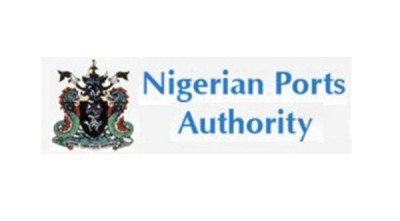The Federal Government will address the myriad of challenges facing the aviation industry, Acting President Yemi Osinbajo has assured airline operators.
He said it is only when challenges confronting the sector is addressed that aviation can be used as a catalyst to position Nigeria as a hub for Africa.
Osinbajo spoke when officials and members of the umbrella body of indigenous carriers, Airline Operators of Nigeria (AON), met himat the weekend at the Villa.
He said government would resolve obstacles affecting the sector’s growth to enable Nigeria take full advantage of its natural geographical position as the melting-point of aviation.
The acting president said the meeting was one of the engagement strategies to obtain firsthand information from airline investors and operators.
The meeting, he said, offered another vista to ascertain why Nigeria was not yet an aviation hub in Africa despite its many attractions, including natural and human endowments.
Chairman of AON Captain Nogie Meggison listed the challenges operators are grappling with asincluding the Value Added Tax (VAT).
He said only domestic airlines are the only mode of transport paying VAT.
Meggison said other modes,including: marine, road, rail and even the international airlines,were not paying VAT.
He canvassed the harmonisation of over 35 multiple charges anda reviewing of five per cent ticket sales charge (TSC) to a flat rate.
He listed other problems affecting the industry as poor navigational and landing aids, high cost and epileptic supply of JetA1, obsolete infrastructure and limiting operations to daylight for most airports.
He said: “Nigerian airlines fly an average of only five hours as against the average of 10 hours worldwide per airplane. There is also lack of consultations with airlines before introduction of new charges and policies among others.”
The AON Chairman said: “There is an urgent need for a deliberate economic policy that will support the positive growth of aviation and survival of domestic airlines in the country. For instance, following the air crashes of 2005/06, government came up with a policy to ensure air safety.
“Similarly, the economic policy for the sustenance of the industry needs to be seriously looked into.
“Safety and economic policy go hand-in-hand. Where there is no financial profit for airlines, safety would be compromised.
“A clear economic policy for the survival of domestic airlines is very critical at this time, which has resulted over the years in the death of over 25 airlines in 30 years. Safety and financial economic policy must go hand-in-hand; as airline investors are in the business of aviation for the profit and can’t make profit without safety or have a safe airline without profit.
“This is one of the main reasonsfor the short lifespan of Nigerian airlines averaging about eight years.”
The Acting President acknowledged the difficult situation the airlines face and promised to take a closer look into the various issues raised to find ways of addressing them.
Comments by IntenseDebate
Posting anonymously.
Fed Govt ‘ll address challenges facing aviation industry, says Osinbajo
News|

 Logging you in...
Logging you in...







.webp)






















